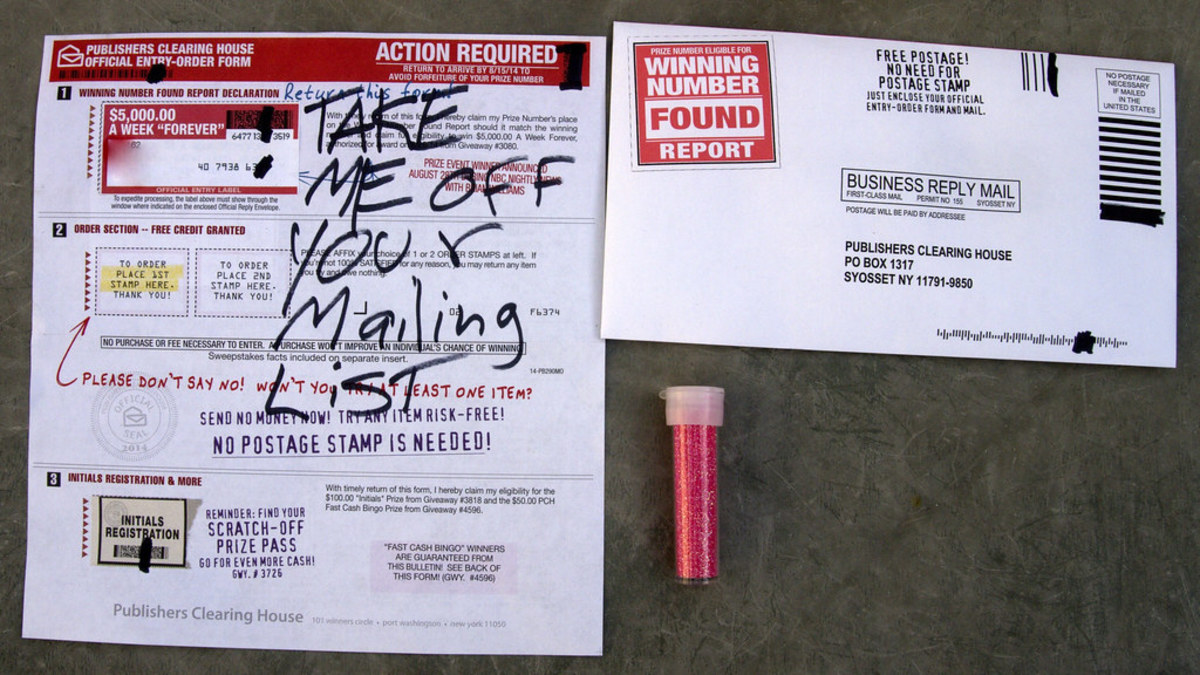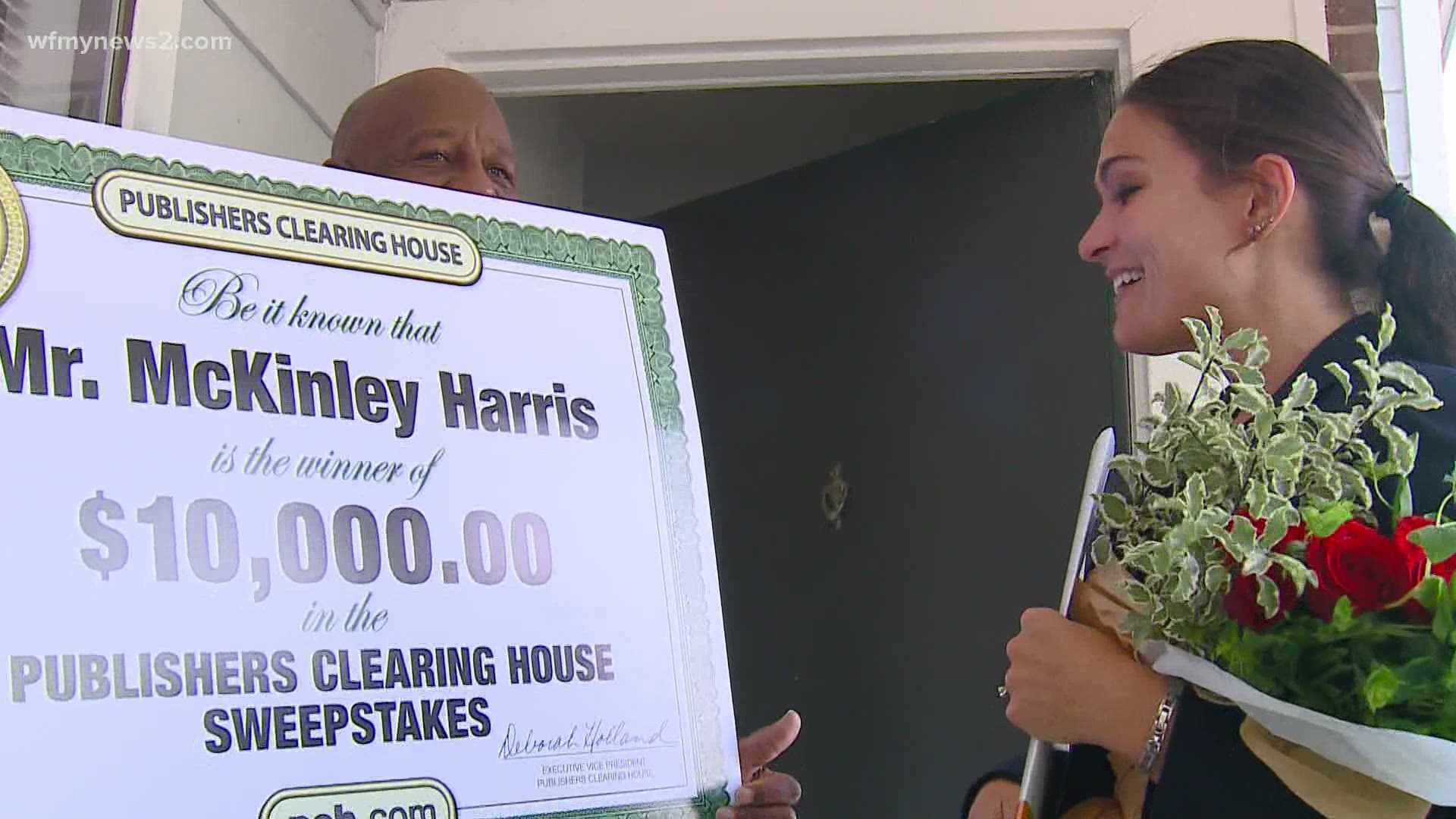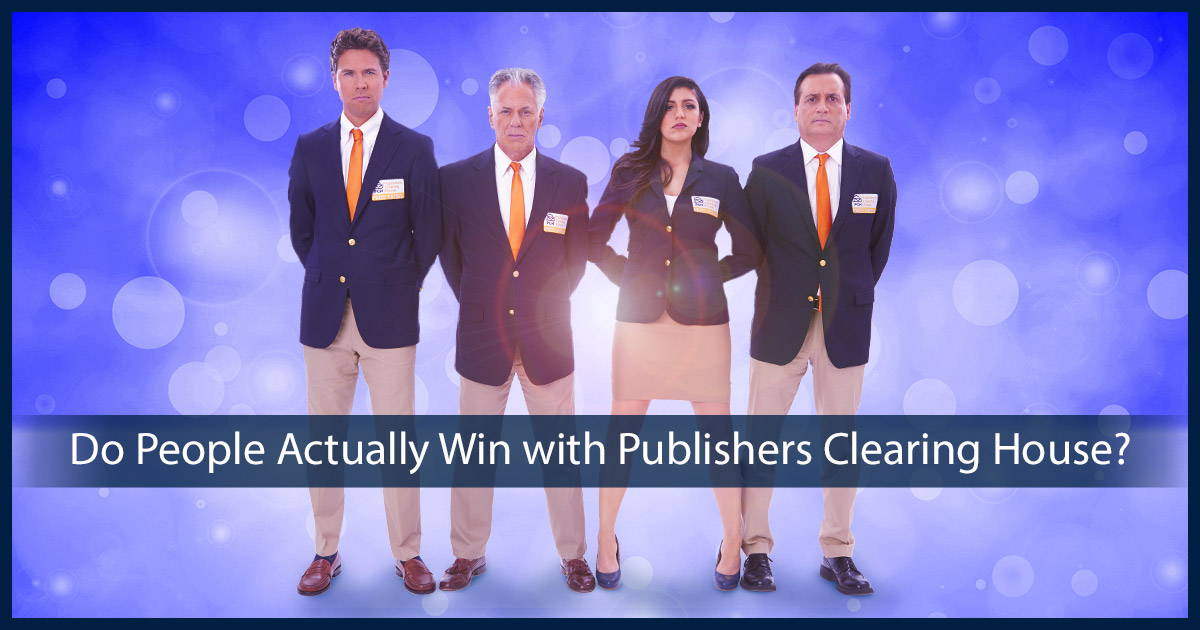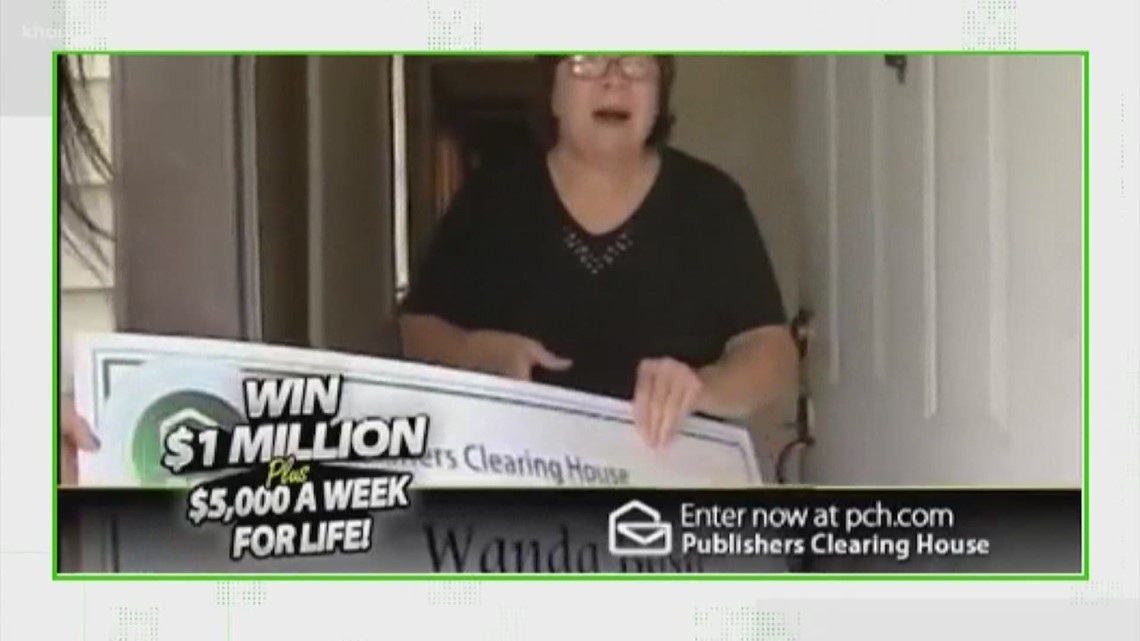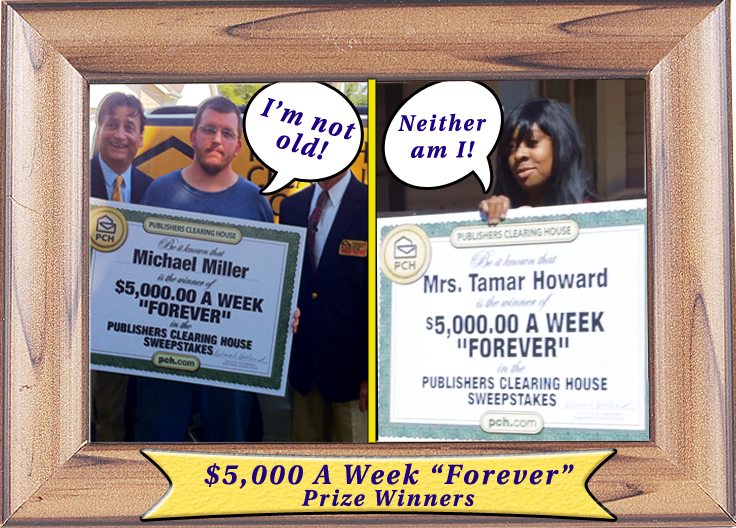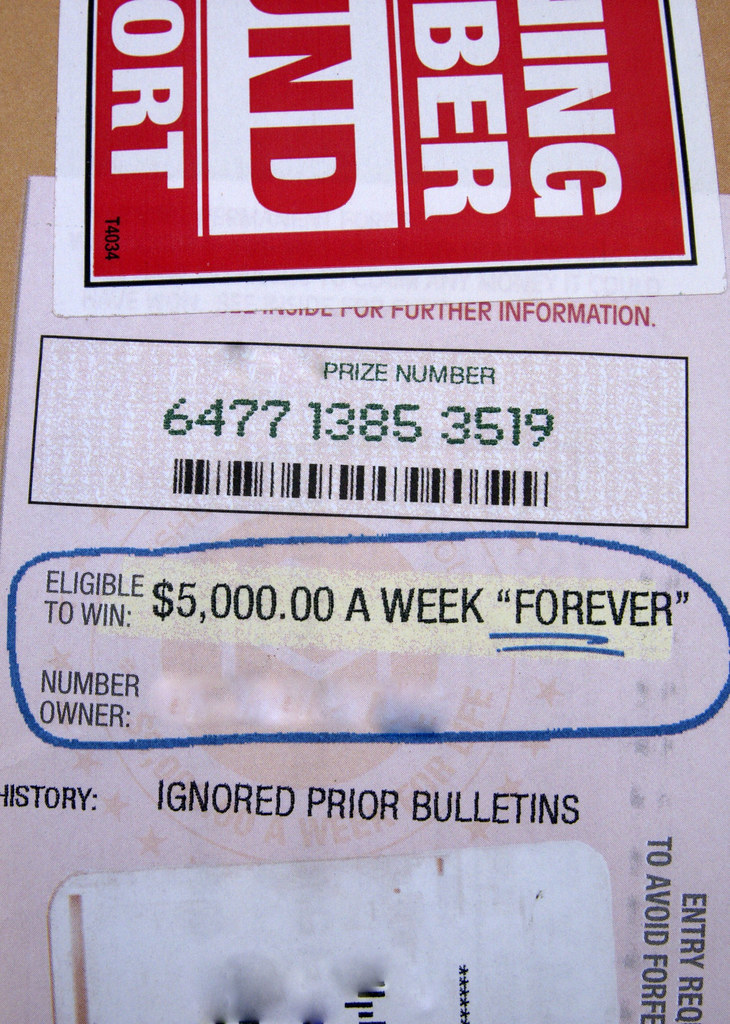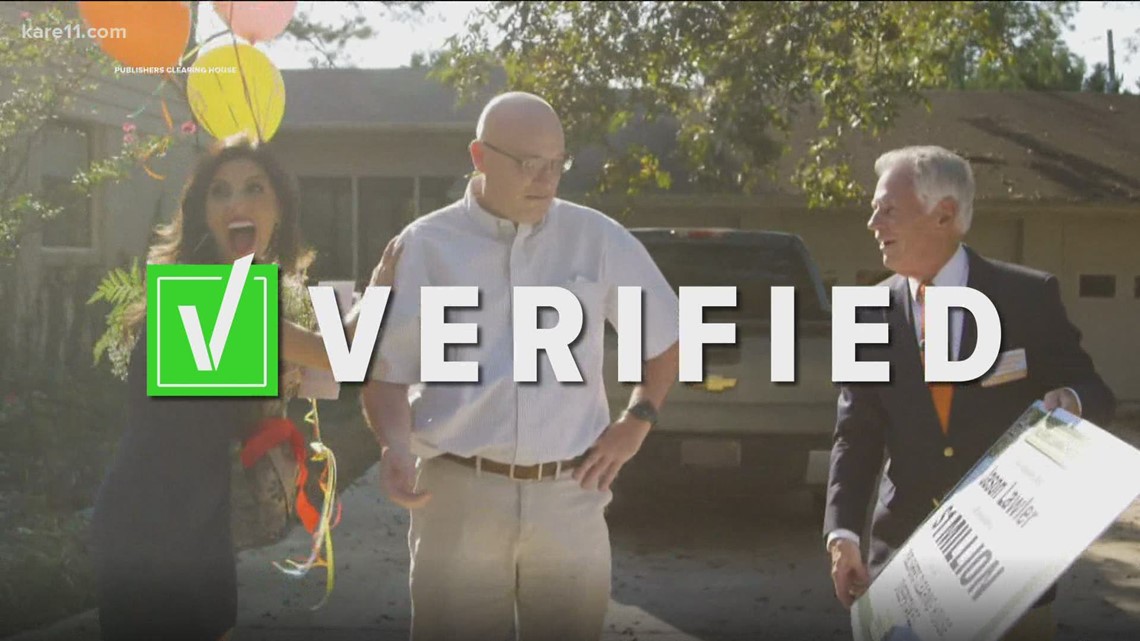Does Anyone Actually Win Publishers Clearing House

The familiar chime of the doorbell, the heart-stopping moment of anticipation, the oversized check gleaming in the sunlight. For generations, Publishers Clearing House (PCH) has woven itself into the American dream, promising life-altering wealth with the simple act of returning an entry. But amidst the glossy mailers and captivating television ads, a persistent question lingers: Does anyone actually win?
This article delves into the reality of PCH, separating fact from fiction and exploring the experiences of past winners to determine whether the promise of riches is more than just a marketing ploy.
The PCH narrative is as ingrained in American culture as apple pie. Founded in 1953 by Harold and LuEsther Mertz, it initially offered discounted magazine subscriptions.
The sweepstakes were introduced later as a promotional tool. The concept was simple: subscribe to magazines and be entered to win substantial cash prizes.
Over the years, PCH has evolved, embracing the digital age with online entries and diversifying its offerings. But the core appeal remains the same: the chance to win big.
The Skepticism Surrounding Sweepstakes
The very nature of sweepstakes breeds skepticism. The allure of easy money often clashes with a healthy dose of cynicism.
Many wonder if these promotions are simply elaborate schemes designed to collect personal information or pressure people into making purchases.
And the sheer scale of PCH's marketing efforts, with its relentless stream of mailers and ubiquitous ads, only fuels the doubt.
Addressing the Doubts: Is PCH Legitimate?
Publishers Clearing House has faced its share of scrutiny over the years. In the past, they have run into legal challenges concerning deceptive marketing practices.
However, it's important to note that PCH has taken steps to address these concerns and operates under strict legal guidelines.
The company maintains that its sweepstakes are legitimate and that no purchase is necessary to win.
To prove its commitment to transparency, PCH regularly publishes information about its winners. Their website features winner testimonials and details about past sweepstakes.
Furthermore, independent auditing firms oversee the drawing process to ensure fairness and impartiality. This oversight helps to maintain trust in the system.
Meeting the Winners: Real People, Real Stories
Beyond the legal assurances and audited drawings, the most compelling evidence of PCH's legitimacy lies in the stories of its winners. From ordinary individuals to families facing hardship, PCH has awarded millions of dollars in prizes over the years.
One example is Natalie Bostelman from Nebraska, who won the SuperPrize in 2008. A mother of two, Natalie was surprised at her doorstep with the Big Check and a life-changing sum of money.
Another winner, John Wyant from Florida, won the PCH prize, allowing him to retire comfortably and pursue his passions. These stories offer a glimpse into the impact that PCH can have on people's lives.
These aren't isolated incidents; PCH features many such stories on its website and social media channels. They demonstrate the potential to win, regardless of demographic or location.
The Odds of Winning
While the possibility of winning is real, it's essential to understand the odds. The chances of winning the SuperPrize, the largest jackpot offered by PCH, are incredibly slim.
Think of it this way: you're more likely to be struck by lightning than win the multi-million dollar prize.
PCH makes it clear that while no purchase is necessary to enter, the odds of winning are lower for non-purchasers. This disclosure highlights the promotional aspect of the sweepstakes.
Entering online often increases your chances compared to mailing in entries. Even then, the competition is fierce.
Navigating the PCH Landscape Responsibly
For those who choose to participate in PCH sweepstakes, responsible engagement is crucial. It's important to remember that these promotions are primarily a form of entertainment.
Avoid spending excessive amounts of money on magazine subscriptions or merchandise in the hopes of increasing your chances of winning.
Set a budget and stick to it. Recognize the low probability of winning and treat it as a fun activity rather than a serious investment strategy.
Be wary of scams that impersonate PCH. Scammers often use the PCH name to trick people into sending money or personal information.
PCH never requires winners to pay any fees to claim their prize. If you receive a notification asking for money, it's likely a scam.
Protect your personal information and report any suspicious activity to the appropriate authorities.
The Enduring Appeal of Hope
Ultimately, the enduring appeal of Publishers Clearing House lies in its ability to tap into the universal human desire for hope. It offers the tantalizing prospect of a life-changing windfall, a chance to escape financial worries and pursue dreams.
While the odds may be long, the stories of real winners provide a glimmer of possibility. The experience of anticipation and the thrill of the chase can be enjoyable in themselves.
So, does anyone actually win Publishers Clearing House? The answer is yes, but with a significant caveat. It's a real opportunity, but one that requires a healthy dose of realism and responsible participation.
The dream of winning remains alive, but it's essential to approach it with a clear understanding of the odds and a commitment to playing it smart.
